Focused, Mr. James Cox stares intensely at a chess board. A student sits across from him, analyzing the game. As the sponsor of the chess club, Mr. Cox has always been interested in strategy-oriented games. This year, he is bringing this love for strategy to the math department as a new Advanced Algebra II and AP Calculus AB teacher, planning on utilizing his critical thinking to work through complex math problems.
Growing up in Florida, Mr. Cox was always very driven in his youth, studying constantly throughout his academic life. However, he never believed he would become a math teacher. After getting his start at community college, he later transferred into the University of Florida as a nuclear engineering major. At the time, nuclear engineering was the second-highest paying job in Florida, so although he never had a true interest in it, he viewed it as the best path to success.
“I never had an extreme passion for [nuclear engineering],” Mr. Cox said. “After I shadowed and interviewed several nuclear engineers and realized just how miserable they were, I was like ‘I just don’t think this is a good fit for me,’ and that’s when I ended up majoring in sociology just to graduate on time.”
Despite his unexpected college journey, math has always been a constant in Mr. Cox’s life. In high school, he discovered that he was gifted at the subject, and later, as a nuclear engineering major, he took a wide variety of STEM classes including calculus, differential equations, physics, and chemistry. In his calculus class at community college, his math teacher recommended that he become a math tutor for the college’s Academic Research Center. Although he originally became a tutor to earn extra money, he soon found a passion for teaching.
“That’s what got me into [teaching] – tutoring in college,” Mr. Cox said. “I love teaching people because people are like ‘How do you do this?’ and you help them. It’s the reason a lot of people get into things – you help people. It feels good and it’s nice, and I love the social aspect of it. I love being able to talk to people in the chess club and my students, and I really just love hearing about their lives and their experiences and who they are. Those are the things I love about teaching, and it’s why I stick with it.”
However this professional realization wasn’t seamless, nor was it immediate. After graduating from college, Mr. Cox was stuck – he didn’t feel like the jobs he could apply for with a sociology major were the right fit for him, believing that jobs in social work weren’t very enjoyable in terms of personal happiness. During this period of questioning, he took a gap year in Florida as he figured out what to do.
“After college, I moved in with my best friend and then [later] I moved in with my family,” Mr. Cox said. “I was working for my friend’s dad, doing work for them on some of their properties and their cars and a bunch of handyman work. Then I was like, ‘let me try teaching [again].’ So I got a license to be a substitute teacher, [and later] moved in with my grandma to help take care of her while I taught for three [additional] years, and saved up for a house as well.”
Mr. Cox attributes his true appreciation of math in particular, to his participation in the Math Olympics during his time in college.
“I didn’t have a true appreciation for [math] in high school,” Mr. Cox said. “I don’t think I truly understood a lot of it. I just was good at memorizing it. It wasn’t until I was in the Math Olympics that it really forced me to be like, ‘oh, I need to understand how this works and why this works,’ and that’s when I was able to really reflect and learn and appreciate [math], [and] be able to really take the time and understand where it comes from and why it makes sense.”
Mr. Cox has had an expansive history of teaching. Following his four years in the teaching field in Florida, he moved to Texas to continue his teaching journey. While this is only his second year teaching in Texas, Mr. Cox has already experienced many ups and downs in [this] previous year of teaching in Austin. He started off the last school year teaching physics and engineering at Austin ISD’s Alternative Learning Center (ALC), a school community built to help students modify inappropriate behavior.
“One of the students assaulted me out of nowhere,” Mr. Cox said, “[They] just came up and sucker-punched me and it was this crazy incident. Also, there was no connection there, which [I believe] is the best part of teaching. [We would] just learn a kid’s name and they’d be gone. I was there for two months [total].”
After the assault, Mr. Cox quit his job at ALC and was unemployed for two months. During this period, he questioned his career path; the assault made him wonder whether he should give software engineering a try. In the end, however, he began a job in the middle of the school year at the Harmony School of Science, teaching physics and engineering once more.
“[Physics and engineering were] different from math,” Mr. Cox said. “It was fun, but [school’s] building itself was like 100 years old, with bugs, spiders, and mold, and chipped paint and weird goo in places. I felt gross.”
During this rough patch in his career, Mr. Cox was very close to becoming a librarian. After interviewing many librarians, he noticed that the job satisfaction was really high and saw that some librarians could make good money if necessary.
“I’ve thought about getting out of teaching at the rough times,” Mr. Cox said. “When I got punched, I was like ‘should I leave this job?’ but overall, I’m very happy that I stuck with it. I also really thought about going back to school for [software engineering], and just being a coder and doubling my salary, but every time, I think I just wouldn’t be as happy there as I would [be] here.”
Mr. Cox notices many differences between his previous schools and Westwood, from the quality of education to the sophistication of the technology.
“Westwood, based on other schools I’ve seen, [is] definitely a step above the rest, in terms of just the student body, the faculty, the classrooms themselves, [and] the technology,” Mr. Cox said. “The first school I was at, I’d say it was an average school. It wasn’t terrible. It wasn’t Westwood though, it was a good mix. Then, I worked at two really rough schools last year. Now, I’m here and I’m forever more grateful. I like it here a lot more.”
Mr. Cox believes that after seeing the relative bad of other schools, he is able to appreciate the good a lot more, which helps him keep a positive outlook throughout the challenges that come with being a new teacher. The main challenge for him currently is aligning curriculum with other teachers. Westwood’s intense competition surrounding grades results in AP classes having lots of rigidity, which has been a struggle for him.
“With the other schools I was at, we had other teachers that we tried to align with, but you had a lot of individuality and a lot of freedom and flexibility,” Mr. Cox said. “[At Westwood], I have to really be in line with the other teachers and I have to give the same quizzes, same tests, I have to grade the same way – it’s recommended to use similar notes and everything. I have to be really accommodating and learn all of their methods and all of their grading policies. It’s definitely a lot, this first month, to get used to all that.”
Above all, Mr. Cox prioritizes work-life balance. After he shadowed nuclear engineers in college, he saw that the skewed work-life balance present in the profession didn’t align with his interests.
“What job you pick matters,” Mr. Cox said. “For example, some jobs aren’t meant for work-life balance. With teaching, one of the reasons I picked it, besides loving teaching [and] loving helping people, was because I believe it has a good work-life balance, with the breaks you get and the hours you work. I’ve always prioritized health first.”
Outside of math, Mr. Cox finds an ardent passion in strategy games, namely chess, Connect 4, and Rubiks cubes. As the sponsor of the Chess Club this year, he hopes to bring his love for the game to the club.
“I enjoy chess, and I love being able to share that knowledge with people [and] being able to help people with it,” Mr. Cox said. “After college, I just [got a] really competitive nature [when playing chess]. I started studying it and I got better and better. I love games where you can control the outcome entirely. There’s no element of luck in it. If you win, it’s because you earned it. If you failed, it’s because you missed something, or maybe your opponent missed something. That was always really appealing to me in chess, that kind of mental stimulation and always that room for growth.”
Mr. Cox is also a huge advocate for maintaining a healthy lifestyle, and has enjoyed active hobbies since his college life. As a member of his college’s Outdoor Club, he participated in many different activities, from scuba diving, skydiving, and white water rafting to rock climbing and hiking. Nowadays, he does beach volleyball at least once a week, stemming from his Floridian roots, and weight lifts almost every day.
“After talking to multiple personal trainers, physical therapists, [and] online coaches, I’ve really gotten a lot of info to develop a very safe workout plan,” Mr. Cox said. “You can build strength but also not get injured. A lot of people, especially a lot of young guys, they might just be like, “oh, gym for muscles!” but you really want to target cardio, mobility, injury prevention, [and] external rotation. I love that stuff – love eating healthy, nutrition, [and] meal prep.”
Along with a love for math, Mr. Cox hopes to express to students that their health is important by promoting healthy habits. He also believes that socialization is extremely important in addition to academics, and encourages students to seek to enjoy their life.
“I really try to promote getting enough sleep, eating healthy, [and] exercising safely,” Mr. Cox said. “Number two is socializing. Yes, academics are important – do your homework, study, get good grades, getting into a good college, get a good job, [but] some kids take it too far. The friends you make in high school and college can really be some of the friends you have the rest of your life, that improve your quality of life and your happiness, to extents you don’t even know. Just that socializing aspect can be really so important. Something I always really try to encourage as a mindset [is] to go out and try those things: try those clubs, do it while you’re young.”
Mr. Cox identifies many enjoyable parts of teaching for him, from the student connection to being able to share his knowledge. First and foremost, however, the most rewarding part of teaching is witnessing the outcomes of his teaching and seeing the impact he has made on his students.
“It’s just kind of getting the reaffirmation that you did make a difference,” Mr. Cox said. “You did help them in their lives.”


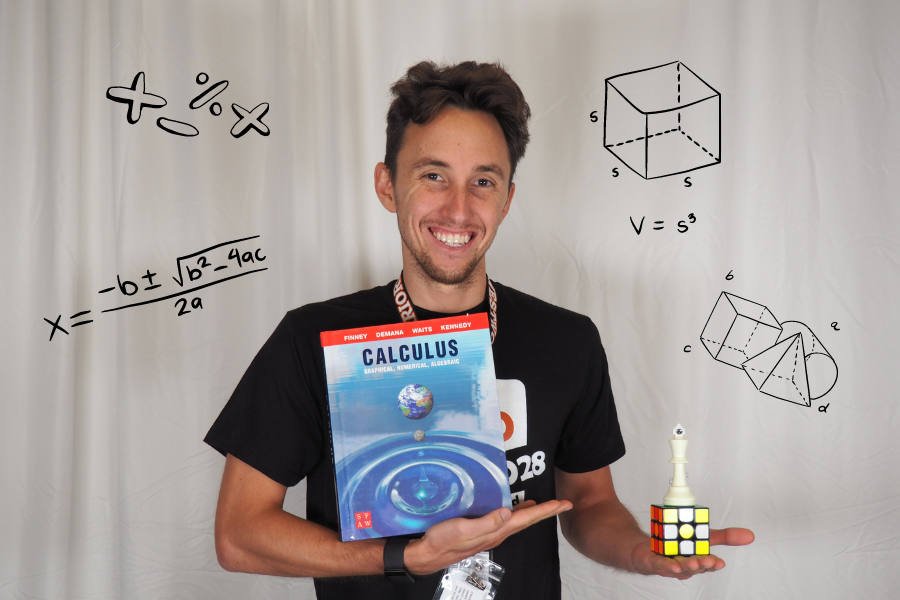


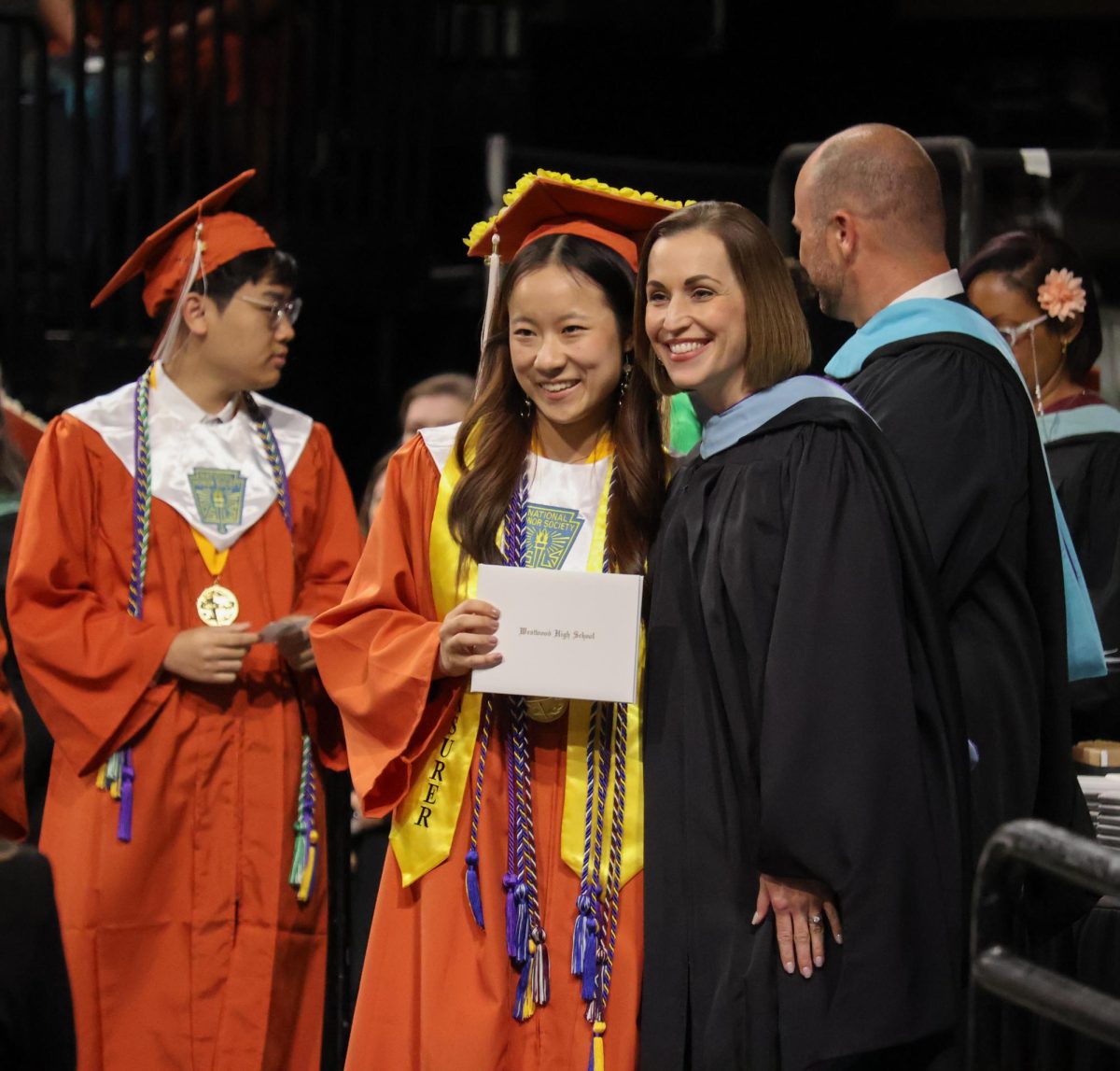


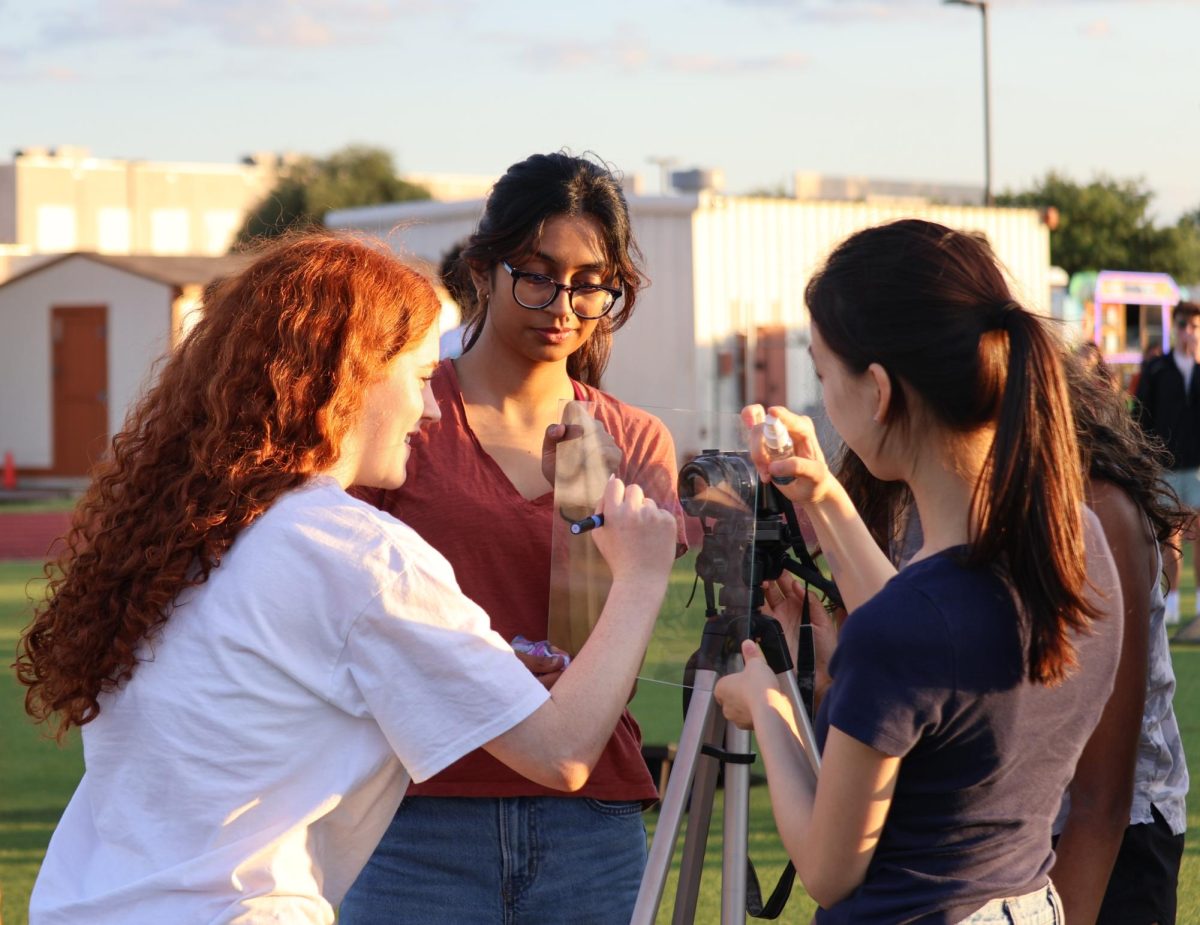

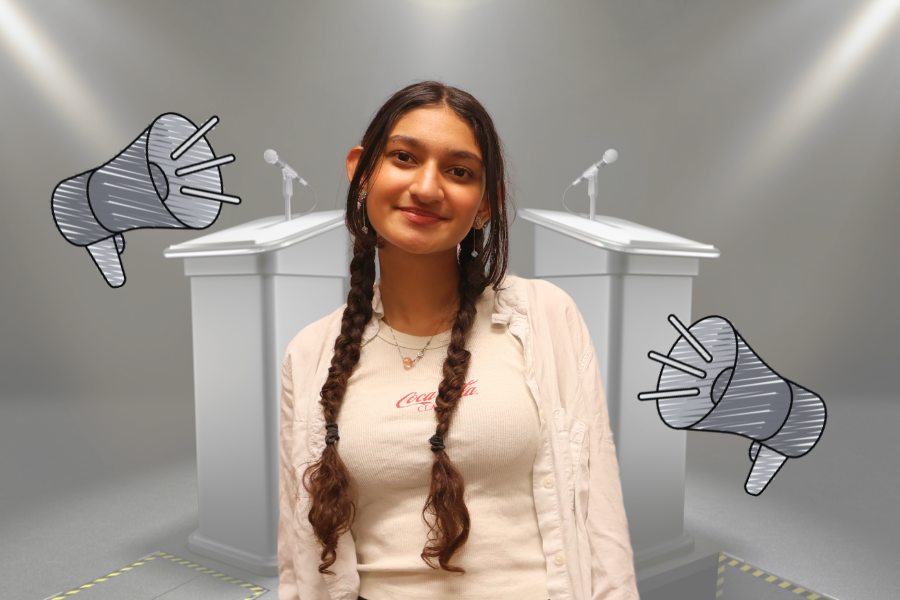
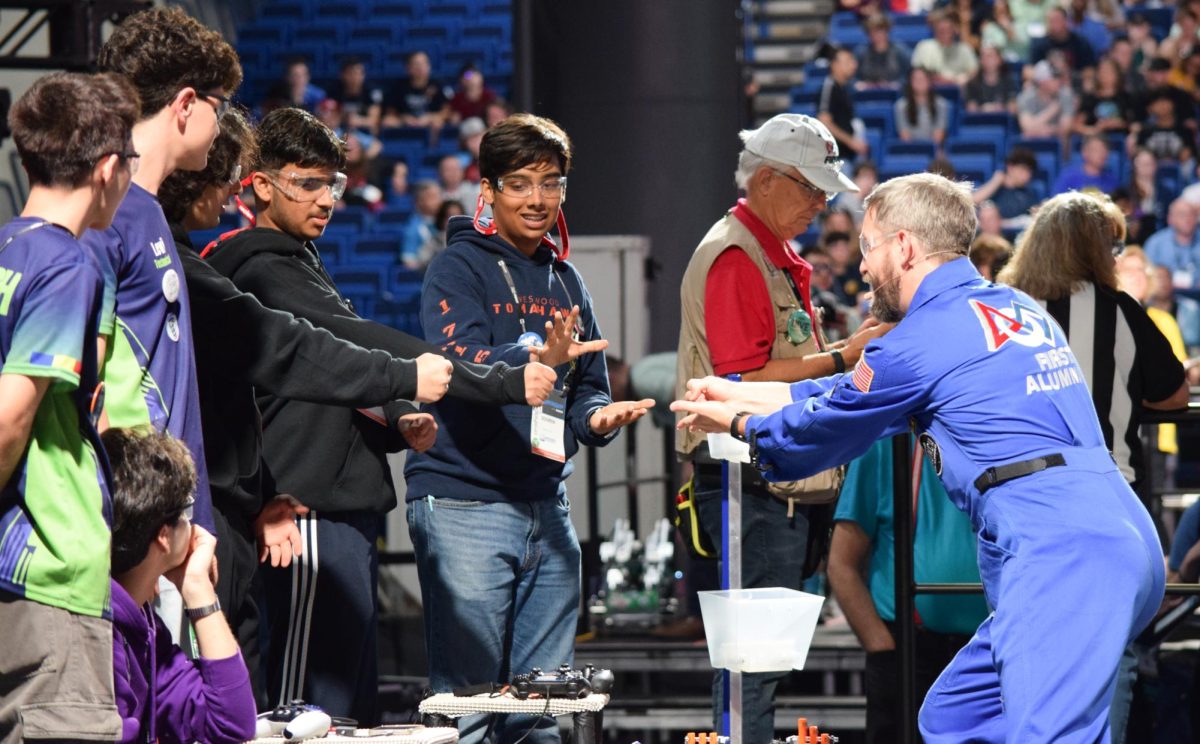

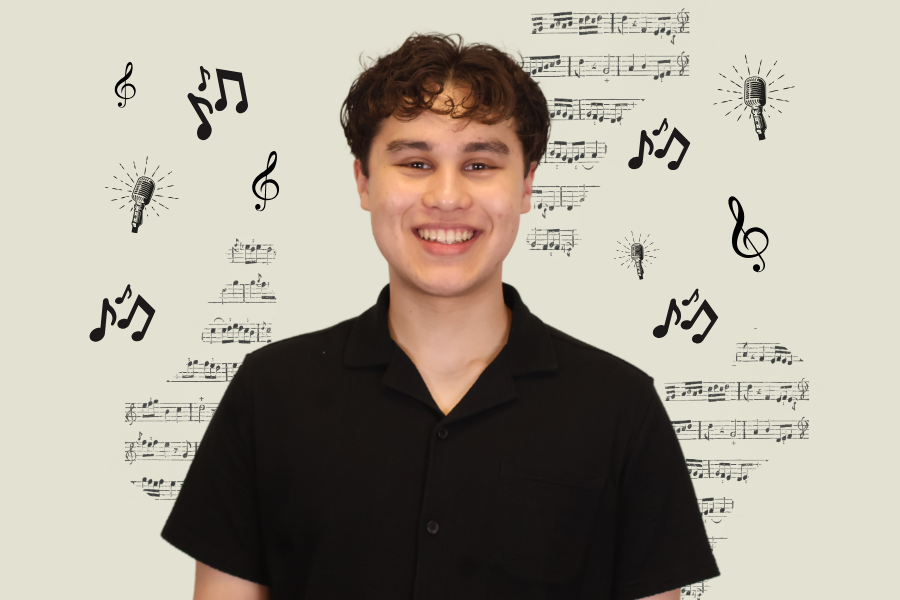



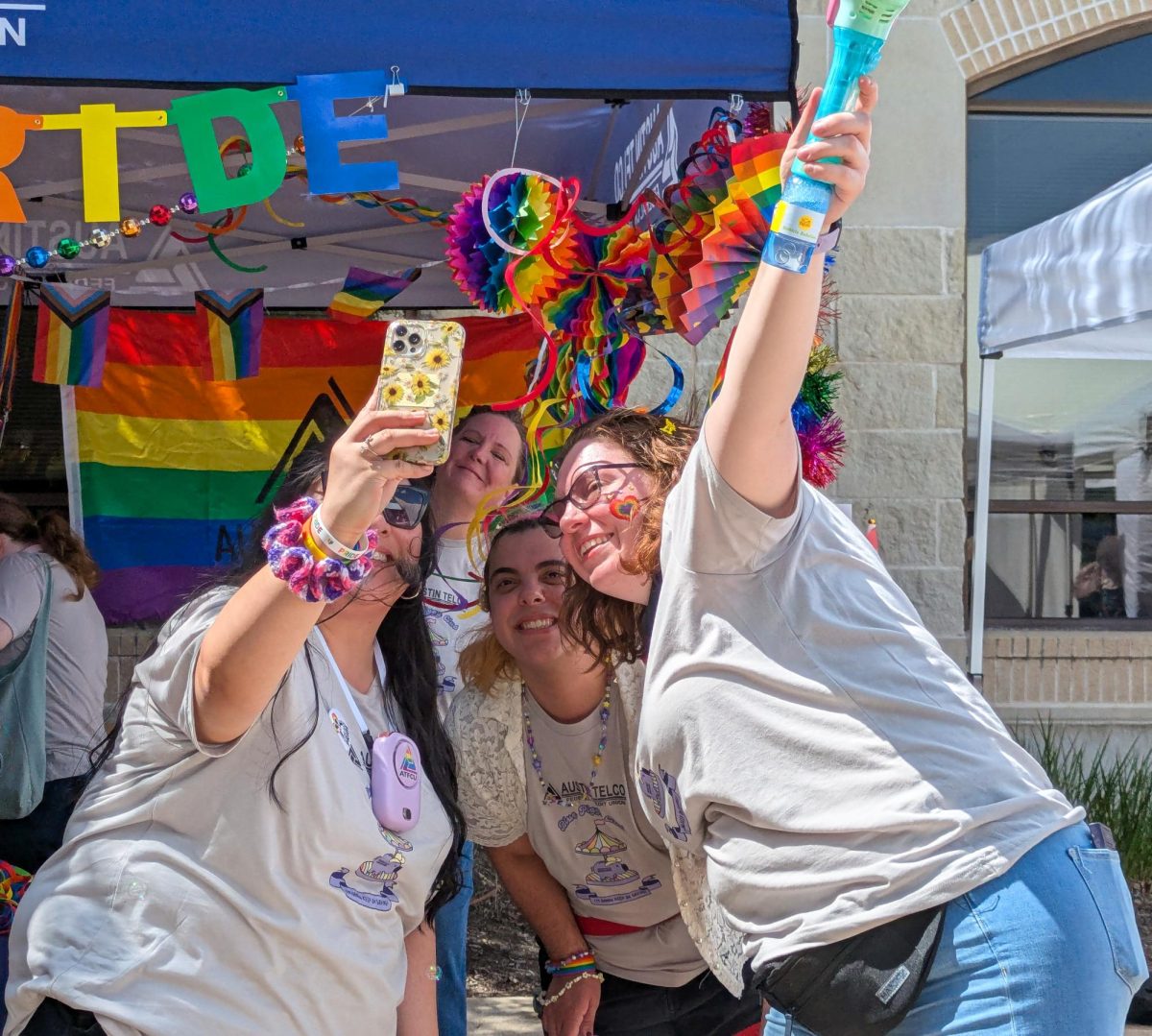

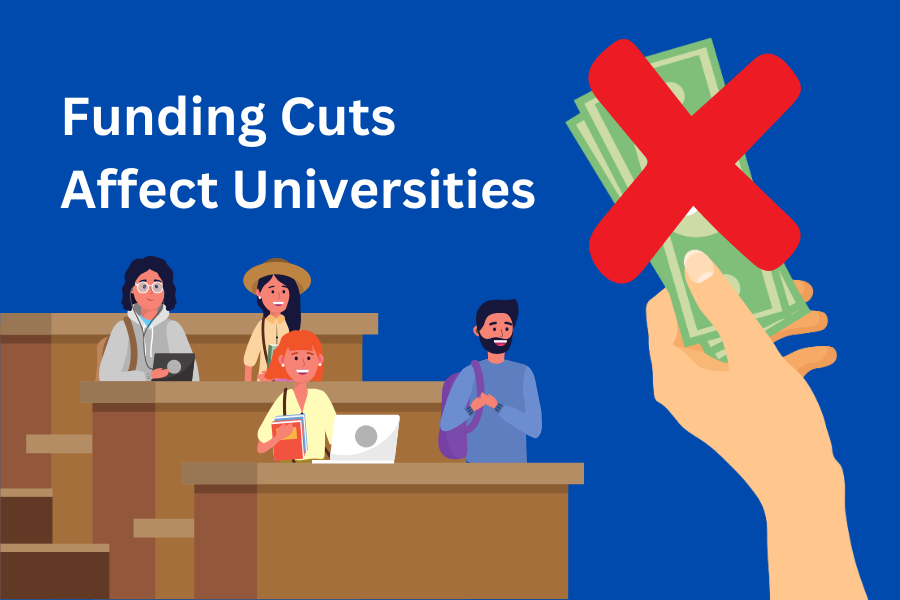
![Holding her plate, Luciana Lleverino '26 steadies her food as Sahana Sakthivelmoorthy '26 helps pour cheetos into Lleverino's plate. Lleverino was elected incoming Webmaster and Sakthivelmoorthy rose to the President position. "[Bailey and Sahiti] do so much work that we don’t even know behind the scenes," Sakthivelmoorthy said. "There’s just so much work that goes into being president that I didn’t know about, so I got to learn those hacks and tricks."](https://westwoodhorizon.com/wp-content/uploads/2025/05/IMG_0063-1200x1049.jpg)
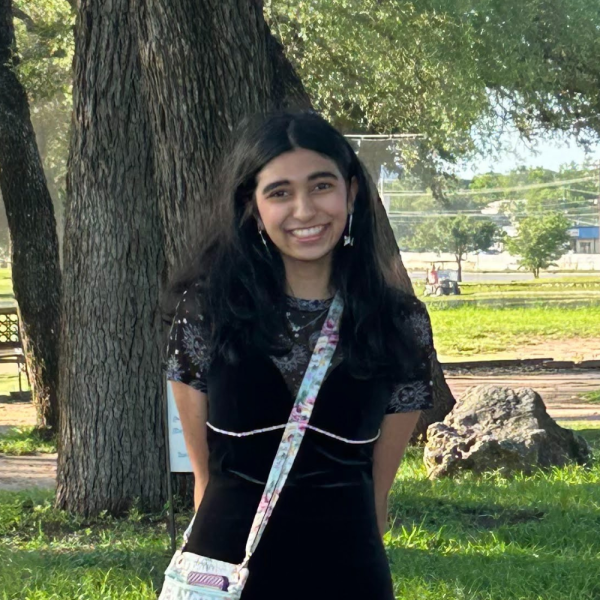
Kriya Handa • Sep 11, 2024 at 9:57 am
I love the unique details you added to the article!
Omkar Patil • Sep 10, 2024 at 10:35 am
Great article! This teacher sounds pretty cool.